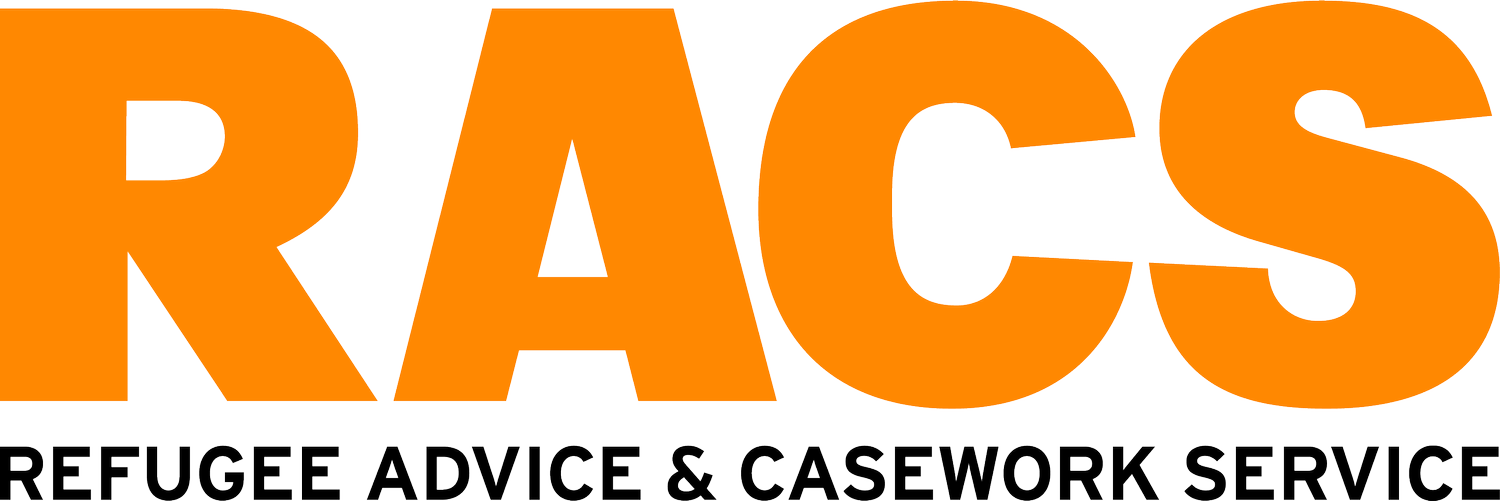Aisha’s Story
Aisha*, living as a persecuted minority in her country, was granted a humanitarian visa and fled to Australia on her own. After living here for a few years as a permanent resident, Aisha dreamt of Australian citizenship. She also dreamt of love, having met a man online and wanting to sponsor him on a partner visa.
The Department of Home Affairs rejected both Aisha’s partner and citizenship applications based on conflicting information. The conflicting information led the Department to ultimately question her real identity and as a result, it proceeded to cancel her humanitarian visa.
After years of building a life in Australia under the protection she was granted, Aisha’s status was abruptly deemed unlawful. Distressed about her situation, Aisha contacted RACS for help.
It was only after approaching RACS for help that Aisha’s unique challenges became clear.
Having been unable to attend school in her remote village, Aisha could not read or write. Not only could very few interpreters speak her language, but health conditions including depression, anxiety, alcoholism and suicidal ideation acted as persistent obstacles on her Australian journey. Health reports even suggested Aisha suffered from psychosis and partial dementia.
None of these factors had been raised with the Department.
Because of the unique challenges she endured, Aisha heavily relied upon the assistance of others. People both close and not so close to Aisha, helped her at different stages of the process on different visa applications.
None were legally trained. None were qualified migration agents.
RACS’s Women at Risk program helped Aisha to lodge another protection visa, this time addressing the inconsistencies in her previous applications. We gathered medical reports and held lengthy one-on-one consultations with her, having both her caseworker and an interpreter present. With these additional details, we helped Aisha prepare a coherent statement for the Department.
RACS was able to reconfirm Aisha’s protection claims and ensure that her unique vulnerabilities were made clear to the Department.
Our Women at Risk program shows that without the appropriate assistance and advocacy, vulnerable women like Aisha, who have been found to be owed protection, can quite easily fade within our system.
Today, Aisha’s protection visa is still pending but her best case has been put forward for reconsideration.
“Aisha’s story makes it clear that the journey to freedom for women fleeing violence does not end once they are granted protection in Australia. That is but one remarkable chapter in their remarkable story,” RACS Senior Solicitor Nabilah Reza said.
“The trauma they arrived with is still there and must be addressed to help them move forward safely with grace and empowerment.”
This story was drafted by Anthony Vigliante.
*A pseudonym and stock image have been used to protect the identity of this client.
Learn more about RACS’s dedicated service for women at risk of sexual or gender-based violence, or family and domestic violence.





